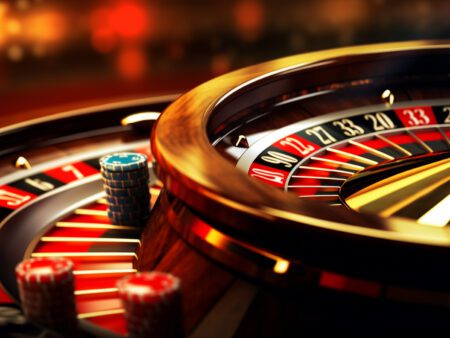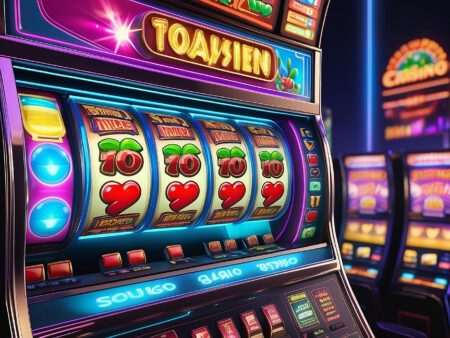Discover the importance of poker psychology and strategies to improve your mental game. Enhance your emotional discipline, observation, and risk assessment skills.
Poker Psychology: Mastering the Mental Game
Introduction:
When it comes to poker, it’s not only about the cards you’re dealt or the strategies you employ. The mental aspect of the game plays a crucial role in a player’s success. Understanding poker psychology and mastering the mental game can give you a significant edge over your opponents. In this article, we will explore the psychology behind poker and delve into strategies to improve your mental game.
The Importance of Poker Psychology:
Poker is not just a game of skill and luck; it is a battle of wits and psychology. The ability to read your opponents, control your emotions, and make calculated decisions under pressure is what separates the winners from the losers. Here are some reasons why understanding poker psychology is essential:
- Building a solid poker strategy: Being aware of your opponents’ thought processes and motivations can help you develop effective strategies.
- Controlling emotions: Keeping your emotions in check is crucial to making rational decisions at the poker table.
- Identifying and exploiting weaknesses: Understanding your opponents’ psychological vulnerabilities enables you to exploit their weaknesses and gain an advantage.
Mastering Poker Psychology:
Now that we understand the significance of poker psychology, let’s explore practical tips and strategies to help you master the mental game:
1. Emotional Discipline:
Emotional discipline is one of the most critical aspects of poker psychology. It involves managing your emotions and staying focused, regardless of the outcome of each hand. To cultivate emotional discipline:
- Recognize and control your tilt: Tilt refers to a state of emotional frustration or anger that can impair your decision-making. Learn to recognize your tilt triggers and develop techniques to regain composure.
- Practice mindfulness: Take the time to relax and clear your mind before and during a poker session. Engage in deep breathing exercises or meditation to maintain a calm and focused state.
2. Observation and Body Language:
Observation is a fundamental skill in poker, allowing you to gather information about your opponents and make informed decisions. Pay attention to your opponents’ body language, facial expressions, and betting patterns to decipher their intentions:
- Look for behavioral patterns: Notice if an opponent consistently raises with a strong hand or if they tend to bluff. This information can help you adjust your strategy accordingly.
- Control your own tells: Be aware of your own body language and develop techniques to minimize any unintentional tells you may exhibit.
3. Risk Assessment:
Poker involves assessing risks and rewards in every decision you make. Developing a sound risk assessment strategy is crucial to your success:
- Understand pot odds and expected value: Calculating pot odds and expected value helps you make mathematically informed decisions and assess whether the potential reward outweighs the risk.
- Manage your bankroll: Proper bankroll management ensures that you can withstand losses and continue playing in the long run. Set limits on your losses and avoid chasing losses by playing with emotions.
Conclusion:
While mastering the technical aspects of the game is important, understanding and utilizing poker psychology can take your game to the next level. By focusing on emotional discipline, observation, and risk assessment, you can enhance your mental game and gain a significant advantage over your opponents. Remember, poker is not just a game of cards, but a battle of minds.
What strategies do you use to improve your poker psychology? Share your thoughts and experiences in the comments below!










